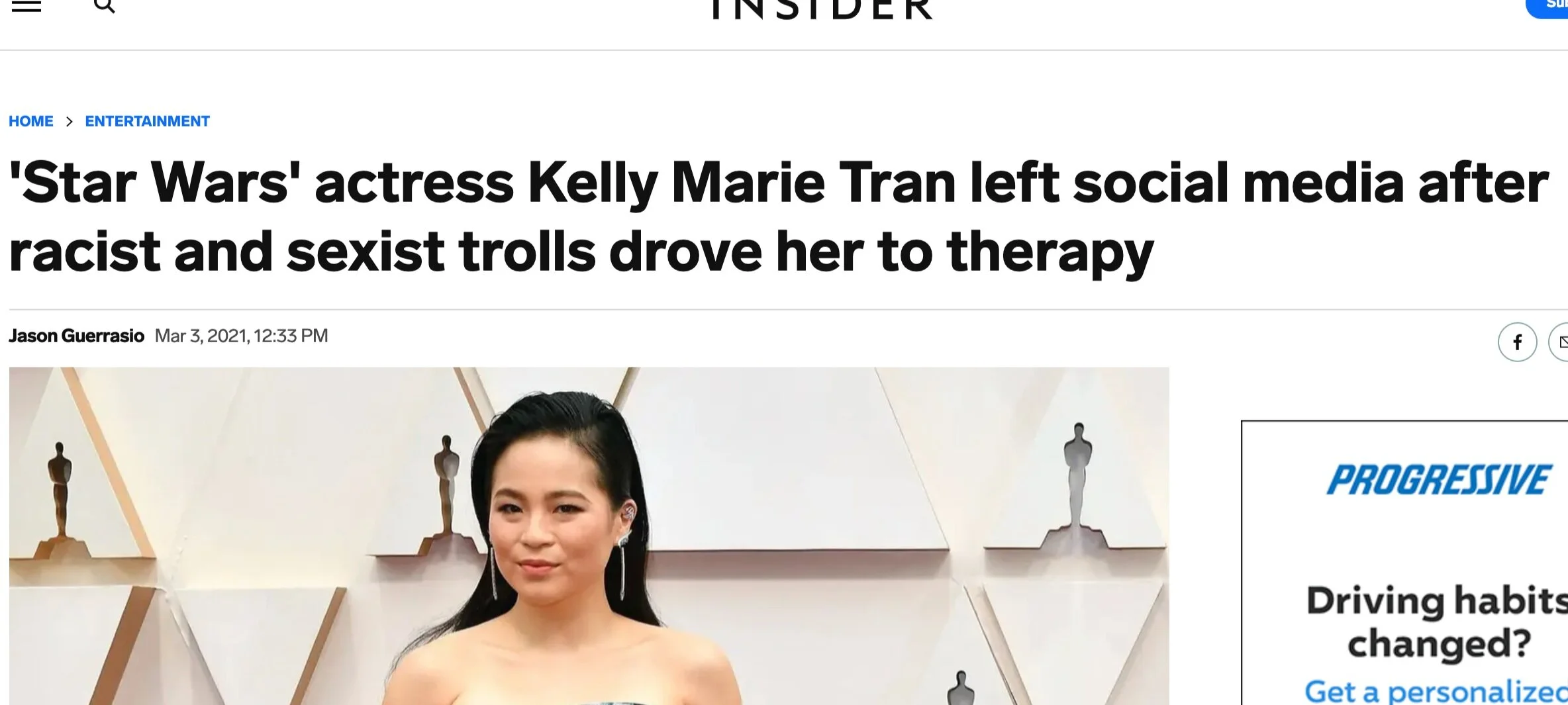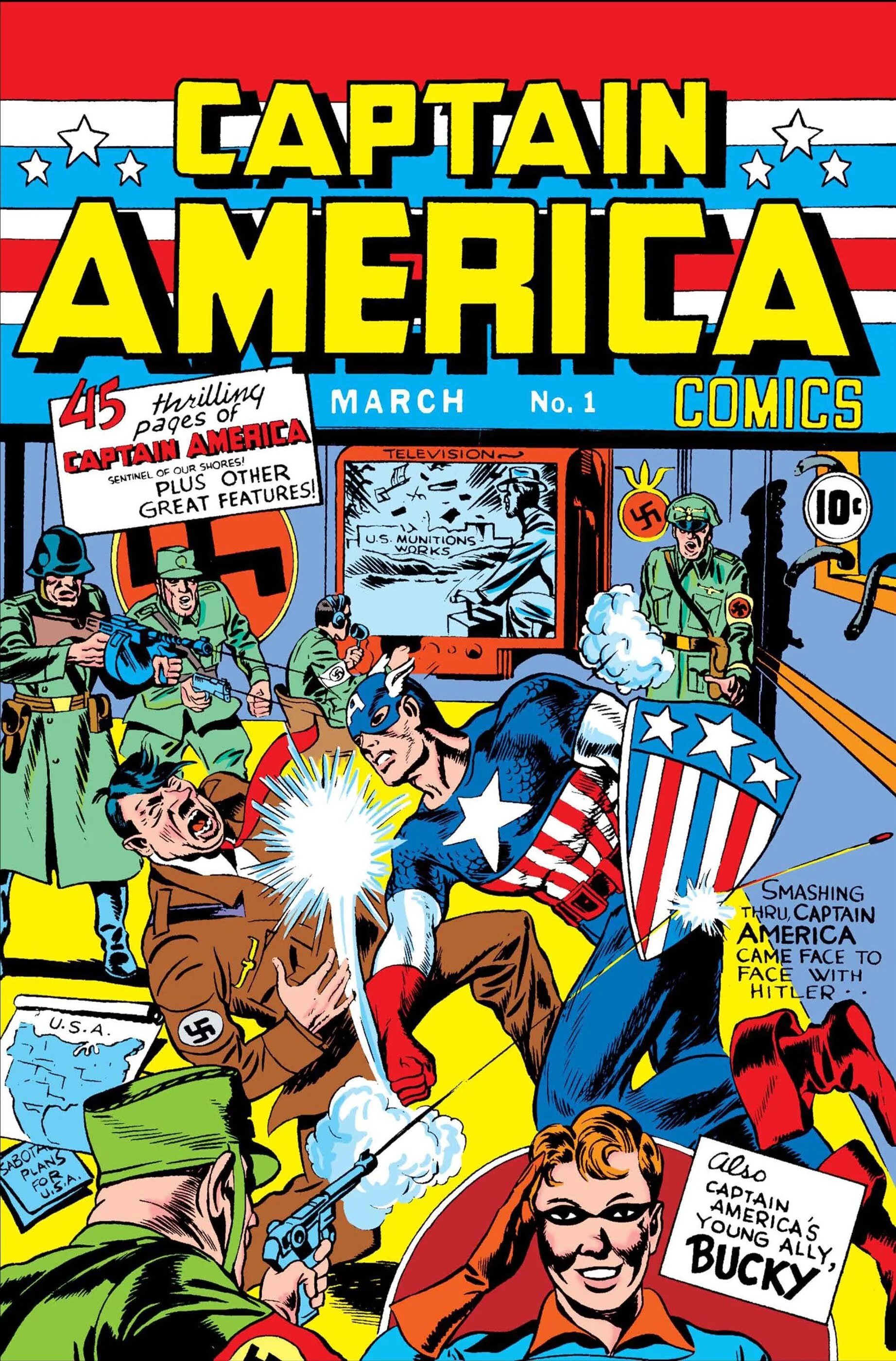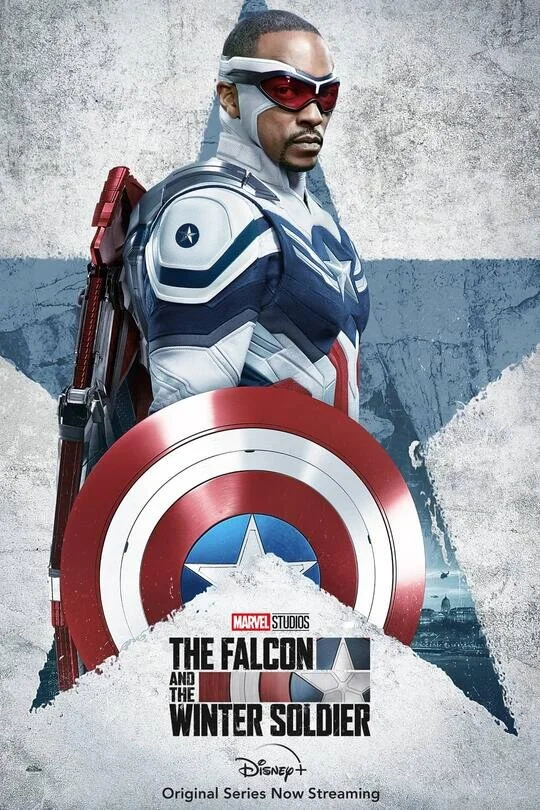#LaKeithIsFantastic
Or, “Who Cares if Reed Richards Is White?”
There’s been a lot of discussion about the inevitable FANTASTIC FOUR movie whose cast Marvel will probably start announcing later this year. As has been the go-to for years, many online fans seem hellbent on pushing for John Krasinski as Reed Richards a.k.a. Mr. Fantastic. I’m sure he’d be fine, but I don’t think he’s an ideal candidate for that role.
No, to me—Lakeith Stanfield should be Mr. Fantastic.
No matter the quality of the project itself, Stanfield shows up ready to play and brings varying aspects of characters that would combine to produce a really entertaining Mr. Fantastic (something that has always been difficult as the character tends to be fairly bland in many depictions).
The actor has shown an ability to mingle with the absurd (SORRY TO BOTHER YOU), which is perfect for a cosmic adventurer like Reed. There is a cerebral intensity on display where his intellectual wrestling is consuming him (DEATH NOTE, THE GIRL IN THE SPIDER WEB), again spot on for one of the top three smartest people on Earth. There’s an odd aura of nobility that he embodies in his voice work in Yasuke, not to mention the vulnerability on display in SHORT TERM 12 and Atlanta. And that constant doubt as Reed tries to juggle ever outcome to achieve the impossible is part of what fuels his work in JUDAS AND THE BLACK MESSIAH—an ambitious man uncertain of his actions and the morality therein.
But this isn’t merely meant to be a fancasting post (though seriously – get #LakeithIsFantastic trending; I don’t know if the actor is interested, but I remain adamant he would be great!). This is about how racism and gatekeeping get entangled in various corners of the nerd world.
This is not breaking news. Especially if you’re not a CISHET white guy. In the long long ago, when comic books were relegated to a huddled bunch of high school nobodies hotly debating what would happen if Spider-Man had kept the Captain Universe powers, it was a shameful act of solidarity. In the shadows of the beautiful, the athletic, the popular, and everything else lay this group that found comfort and escape in the panels of comic books.
(For the purposes of this editorial, I will be speaking in very broad generalizations; please note there are tons of exceptions in different parts of the world and in different cultures)
But it’s very easy for the subjugated to cast out others to feel that empowerment their bullies usually know. These are geeks that give purity tests to anyone seen as outsiders. This isn’t just reflected in the real-world interactions between these self-appointed gatekeepers and those who dare to share an interest with them but extends to many of the creatives themselves. Most Black superheroes have “Black” in their aliases (Black Panther, Black Goliath, Black Lightning, and others). They exist as token characters or their Blackness was their character (simply existing to voice their discontent via palatable talking points).
That’s not even getting into the waaaaay too long use of Yellow Menace in comics (I mean...Egg Fu, DC? Really?) that basically continued up through the ‘90s (and is arguably still present). Latin characters in superhero comics are basically a handful (certainly before the ‘90s). Women heroes have been present since the beginning of superhero comics—like Phantom Lady in the Freedom Fighters or The Wasp as one of the founding members of the Avengers. But they mostly existed as damsels in distress, romantic love interests, or some pale comparison to their male counterparts. The fandom was reflected in the pages of their beloved medium, which then further fed into that white CISHET male fandom, and the cycle continued. (There were feints of changes in X-Men, New Teen Titans, Mosaic, and a few others).
There have been attempts at diversifying both the characters in the issues as well as the creators behind the scenes, to varying degrees of success. Static (an offshoot of wunderkind Dwayne Macduffie’s Milestone Comics), became very popular thanks to a cool animated series. Runaways and Young Avengers had more diversity in their ranks; Black Panther and Luke Cage gained greater prominence in the Marvel universe. But still, it’s all been a long slog with miles to go before we sleep.
In 2015, when THE AMAZING SPIDER-MAN was announced and casting underway for the new Peter Parker, a social media campaign materialized - #Donald4Spiderman. This was riding off the popularity of Miles Morales, the new half Black/half Puerto Rican Ultimate Spider-Man who was introduced in 2011. It matched the new demographics of Queens, Parker’s stopping grounds. And the actor himself seemed pretty into it (or at least willing to entertain it).
Of course, this is when that gatekeeping white cadre started talking about how that’s “not who Spider-Man is” and Peter Parker had always been white, and on and on. (Peter Parker has also had six arms, been turned into a giant spider, and was a clone for a bit—so let’s not act like there’s one version here, nerds) This would come up later when Netflix’s ill-fated Iron Fist was looking to cast Danny Rand. Many people, this writer included, thought it would be good to cast an Asian-American in the role—Danny didn’t have to be white, he just had to be from the West; that’s the inherent friction in the character’s duality. Most people (including comic juggernaut Rob Liefeld) vehemently disagreed on the basis of “that’s not how he looks in the comics” and that’s how towheaded Finn Jones got the part.
The reason why these different takes on characters is important—infusing them with different sexualities, ethnicities, and more than originally portrayed—has to do with visibility and showing how these heroic values cross all sorts of cultural lines. People need to see themselves on screen, represented not just as existing within that world but also as inspirational figures themselves. Relegating messianic roles to just white folks simply reinforces society’s racist overtones.
To be fair, this wouldn’t work for all characters. The key is that there is nothing inherently tied to the whiteness of the character for them to be cast in a different way in another medium. For the most part, this is true of most white superheroes—if they weren’t white, what would fundamentally change about them? In some cases, there is some sociopolitical commentary where the obliviousness of their privilege and entitlement forces them to change. But for the most part, it’s usually the economic status, talents, or superpowers that imbue the character with definition. This is better explained by Mikey Neumann in the following video:
There are some cases where that whiteness both matters but can also be changed. Coming on the heels of The Falcon And The Winter Soldier, the best example is Captain America. In the 1940s, Captain America is an obvious wish fulfillment/power fantasy for scrawny nerdlingers. But, in the hands of his Jewish creators Jack Kirby and Joe Simon, Steve Rogers was also the Aryan ideal that rejected Nazism and loved beating the crap out of the Third Reich. This pinnacle of humanity touted by Hitler and his ilk was now defeating them and showing how they weren’t just wrong, but also doomed to failure.
But Sam Wilson is now Captain America (in the MCU)—and coupled with Steve’s legacy is the complicated history of the Black experience in America; a group of people who have suffered and bled and died for a country that constantly promises change and opportunity but fails to deliver. Captain America as a whole doesn’t have to be white—but it worked in the ‘40s as a subversion of Nazi propaganda. Changing the race now simply reflects that the United States isn’t one homogenous group that is best represented as a blonde hair, blue-eyed man.
And so we come back to LaKeith Stanfield as Reed Richards. For many months I’ve been pushing this casting on social media (y’know, like a cool kid). And while most people just ignore it, there’s usually one or two who say that Reed has always been white in the comics or some preemptively worry that fans will be angry about it. There is nothing inherently white about Reed Richards. What in his experience as a white man translates into Mr. Fantastic? If anything, being non-white adds to the idea of constantly stretching oneself thin; having to code switch between personas depending on which company he’s in, or how he needs to be perceived, or working overtime to prove himself to racist academia.
As for anticipating blowback—who cares? Did anyone think a 6’ 3” Australian would be a good fit for the diminutive Canadian Wolverine? Probably not! And yet many think Jackman is the definitive version of that character. Could Anne Hathaway really pull off the athleticism and noir turns of Catwoman? Yep—and ended up being one of the better parts of THE DARK KNIGHT RISES. What about Michael Clarke Duncan as Kingpin in DAREDEVIL? That had a fan uproar, and yet everyone basically agrees that he’s perfect in that role. People are going to complain. They will reflexively retreat to their insular worlds with their towering gates and prejudices. But that doesn’t mean creatives should seek to appease them. As long as the actor embodies the core of the character that’s been envisioned for years, then all will be forgiven and retroactively declared as “perfect.”
And so...#LaKeithIsFantastic










